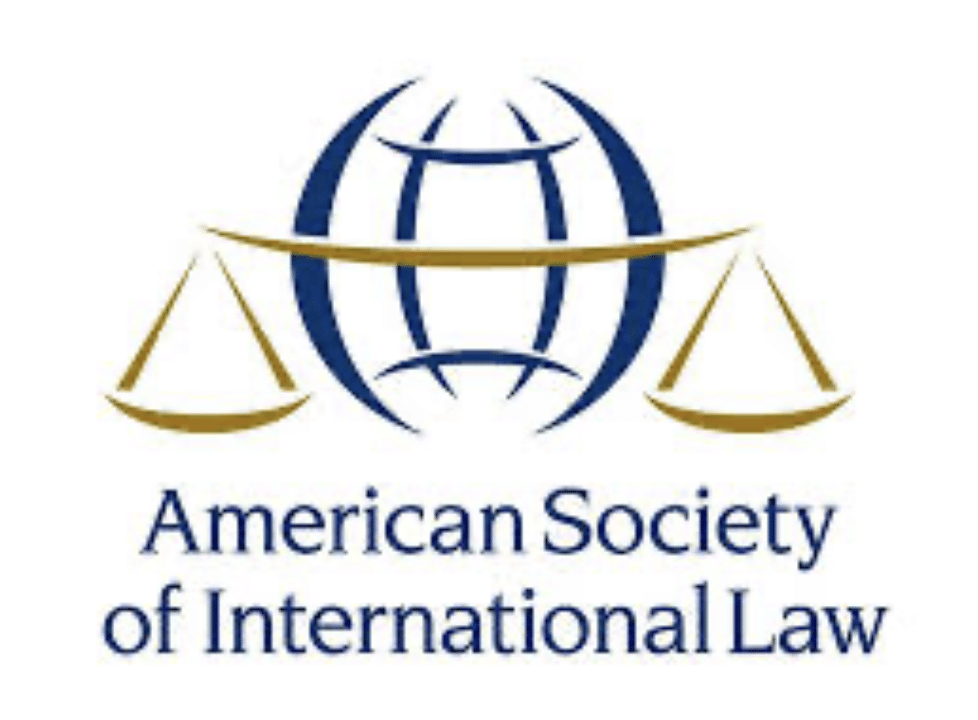Transnational litigation is litigation involving persons, events, or transactions with a connection to more than one country. In the United States, transnational litigation may occur in state or federal court. The term encompasses ordinary commercial disputes between parties in different nations, multi-jurisdictional patent wars, and claims based on international human rights law. Transnational litigation cases raise a host of unique issues relating to procedural rules, private contracts, federal statutes, state law, and international treaties.
Media Roundup: Learning Resources, Inc. v. Trump
On February 20, the Supreme Court decided Learning Resources, Inc. v. Trump, a case that questioned whether the International Emergency Economic Powers Act (IEEPA) permits President Trump to impose sweeping emergency tariffs. In a 6-3 vote, the justices ruled that the tariffs exceed the powers given to the president by Congress under the 1977 law….
Continue ReadingThe Most-Viewed TLB Posts of 2025
To celebrate the end of another year at TLB, I wanted to highlight the posts that received the most views in 2025. A Primer on Choice-of-Law Clauses A Primer on Choice of Law Choice-of-Law Methodologies: Updating the List Throwback Thursday: The Tate Letter and Foreign Sovereign Immunity The $24 Billion Judgment Against China in Missouri’s…
Continue ReadingU.S. Courts “International Law” Year in Review Panel Discussion, December 9
The Dispute Resolution and International Law in Domestic Courts Interest Groups of the American Society of International Law, along with the Transnational Litigation Blog, cordially invite you to a hybrid panel discussion on recent key decisions in U.S. courts and legally driven developments in executive branch practice that have significant implications for U.S. foreign relations…
Continue Reading

